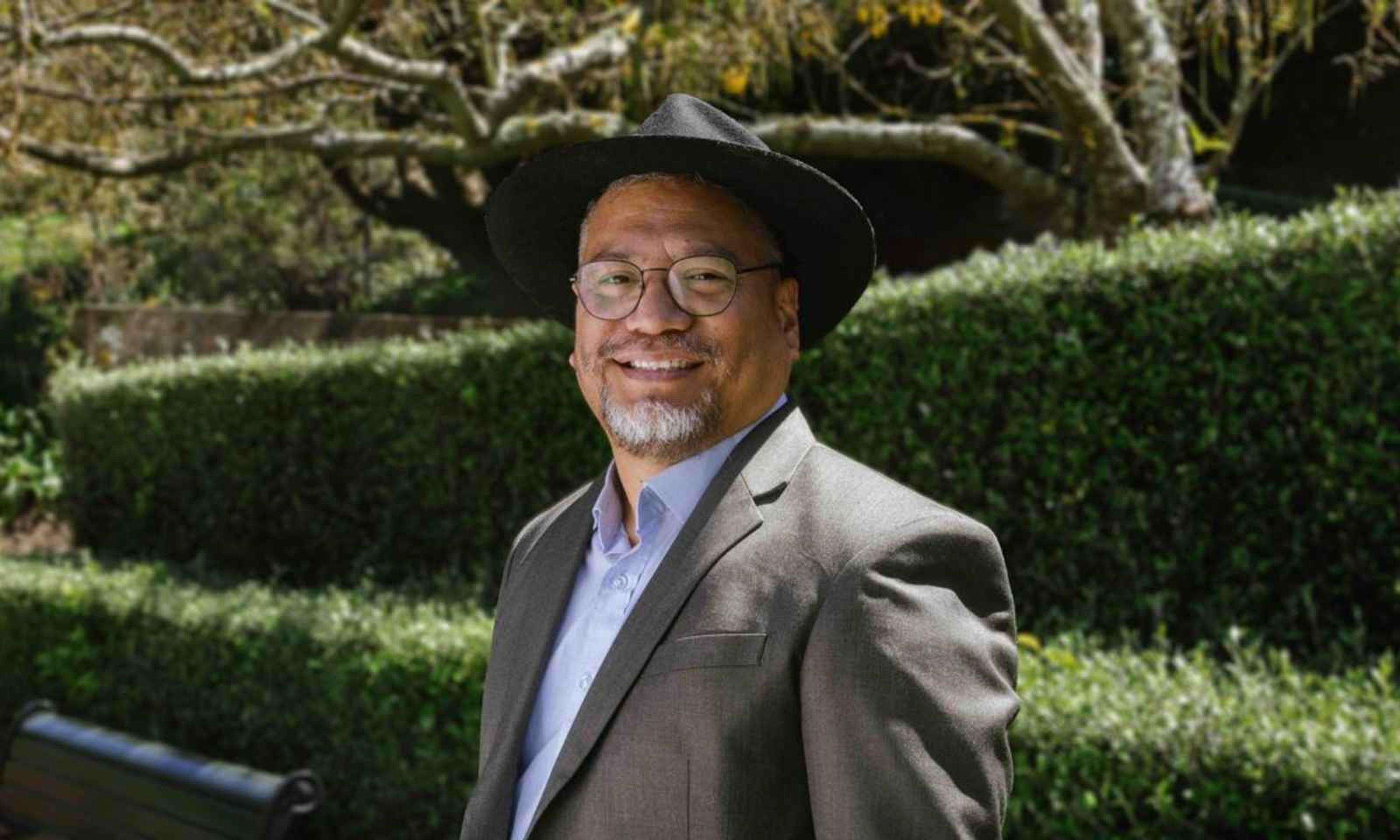

Preliminary ballot counting has placed FAST with a significant majority over their political opponents.
Photo/FAST Party
FAST leader calls on Sāmoa and diaspora to 'build a new era'
Special-vote sorting finalised ahead of Monday’s election count as the FAST Party moves to form the government.



'Festival for the people': Te Maeva Nui Aotearoa returns in full glory

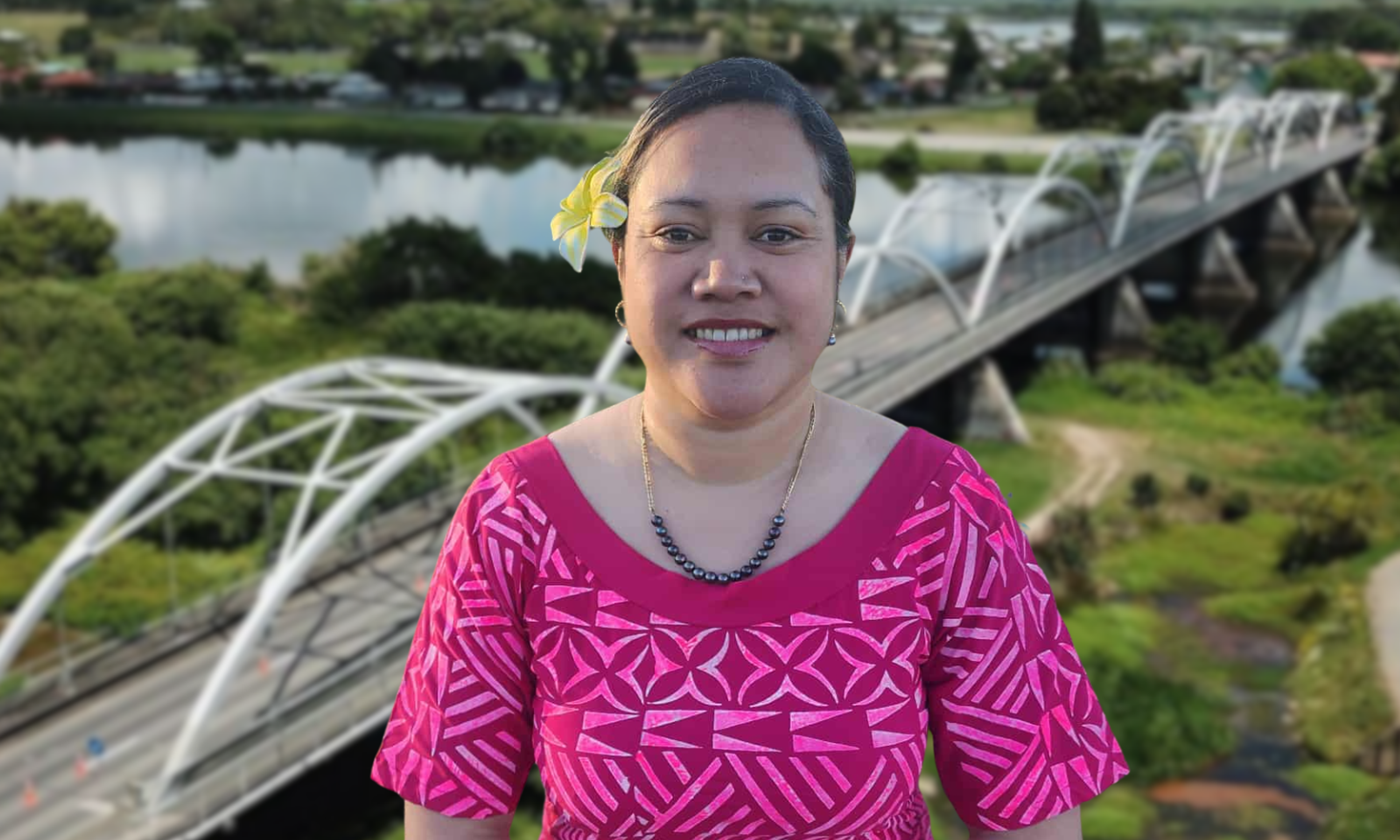
Pasifika candidate wants to light up the 'dark side' of Huntly


‘NZ couldn’t do the basics’: Green Party MP says the Gaza flotilla reflects a cry for action

'Festival for the people': Te Maeva Nui Aotearoa returns in full glory


Pasifika candidate wants to light up the 'dark side' of Huntly
Preliminary results from Sāmoa’s snap general election indicate a victory for the Fa’atuatua i le Atua Sāmoa ua Tasi (FAST) Party, paving the way for leader Laaulialemalietoa Leuatea Polataivao Schmidt to be sworn in as the country’s next Prime Minister.
As of Saturday evening, the Office of the Electoral Commissioner had not completed a final preliminary count due to procedural discrepancies. But live tracking shows FAST has secured a preliminary 31 seats, the Human Rights Protection (HRPP) on 13, three seats for the Sāmoa United Party (SUP), and four seats for Independent candidates.
Preliminary results are first tallied at district booths under the supervision of police and monitoring scrutineers before being delivered to the Electoral Commission. They are subsequently posted on social media and displayed on blackboards for observers. However, four ballot boxes from Savai’i remain sealed after an error, meaning the full preliminary count will not be finalised until the official count begins on Monday.
Celebrations are already underway for FAST, with Laauli taking to social media twice in 24 hours, hailing the results as a turning point.
He described the result as “a new beginning”, urging unity across Sāmoa and its diaspora. He declared past internal divisions as old news and vowed, “What we have promised to Sāmoa, that is what we will do.”
He called on overseas Sāmoans for prayers, support, and financial investment, reaffirming bold manifesto plans, which include an ST$2 million (NZ$1.2m) district development fund, new aeroplanes, and even a stock exchange.
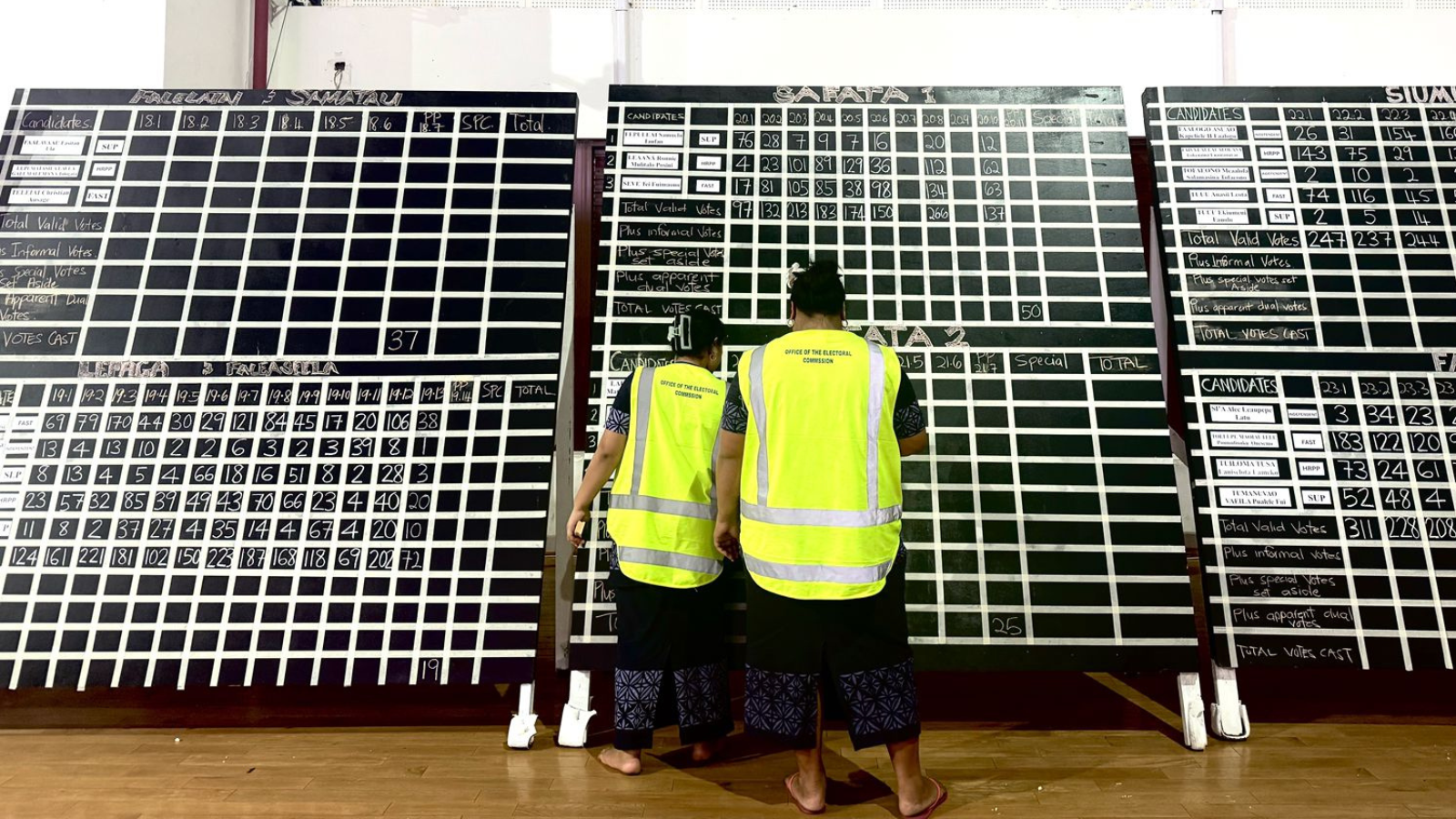
The Office of the Electoral Commissioner has not finalised the preliminary votes for all districts, but numbers so far point to a FAST landslide win. Photo/Anetone Sagaga
“Now is the time to band together, here and overseas, to develop Sāmoa,” he says, adding, “We won’t rely on taxes… we’ll build new revenue streams.”
“On this historical and very important day in our country's political life, democracy has prevailed and won once again.
“The Sāmoan people have spoken and expressed their choices in our political leaders and parties to lead our beautiful country for the next five years,” he says.
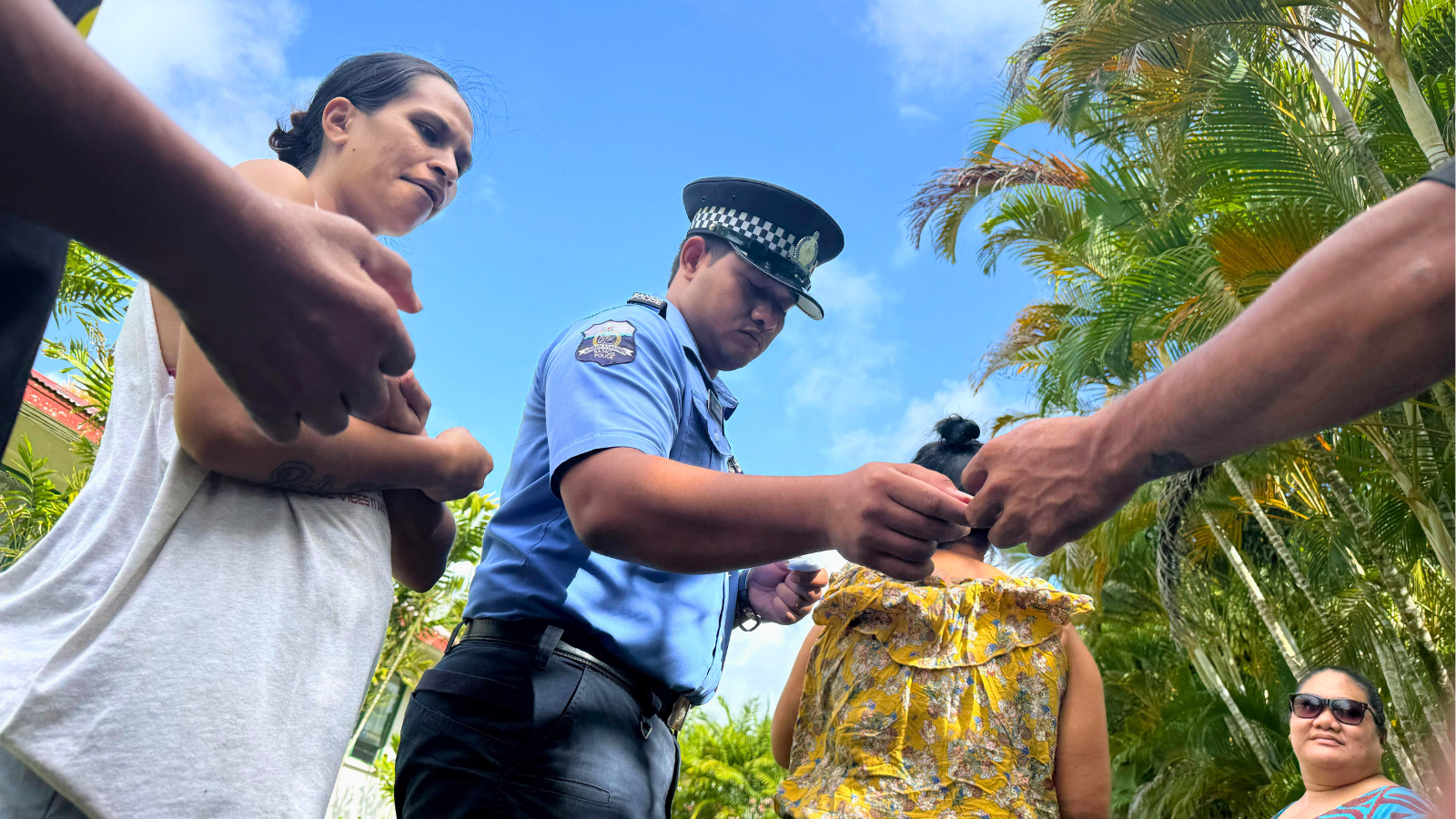
Voters in line after 3pm on Friday were given coupons as part of the Electoral Commission's efforts to ensure all voters who showed up on time would have the chance to cast their votes. Photo/PMN
A call for unity
Laauli congratulated FAST candidates for winning their seats with “courage, belief, and determination”, acknowledging that the support from overseas Sāmoans strengthened the party’s collective efforts and placed them ahead of their rivals.
Addressing his political opponents, Laauli called for unity after a contentious campaign.
“To our opponents, the answer has been given. We pray that this puts an end to the discord and disharmony,” he says. “Come and work together with the new government so we can unite for the betterment of Sāmoa.”
He acknowledged that the results are still provisional, with the final count due next week. But he firmly noted that voters had sent a strong signal.
“At least there's a clear choice shown by the voters tonight. It is up to us now, the political leaders our people have elected, to restore harmony and peace in our community and focus on developing the paradise of Sāmoa.”
Laauli also extended a message to Sāmoa’s regional partners. “To our neighbours, traditional development partners, and friends, we look forward to taking our friendship further to the mutual benefit of Sāmoa.”
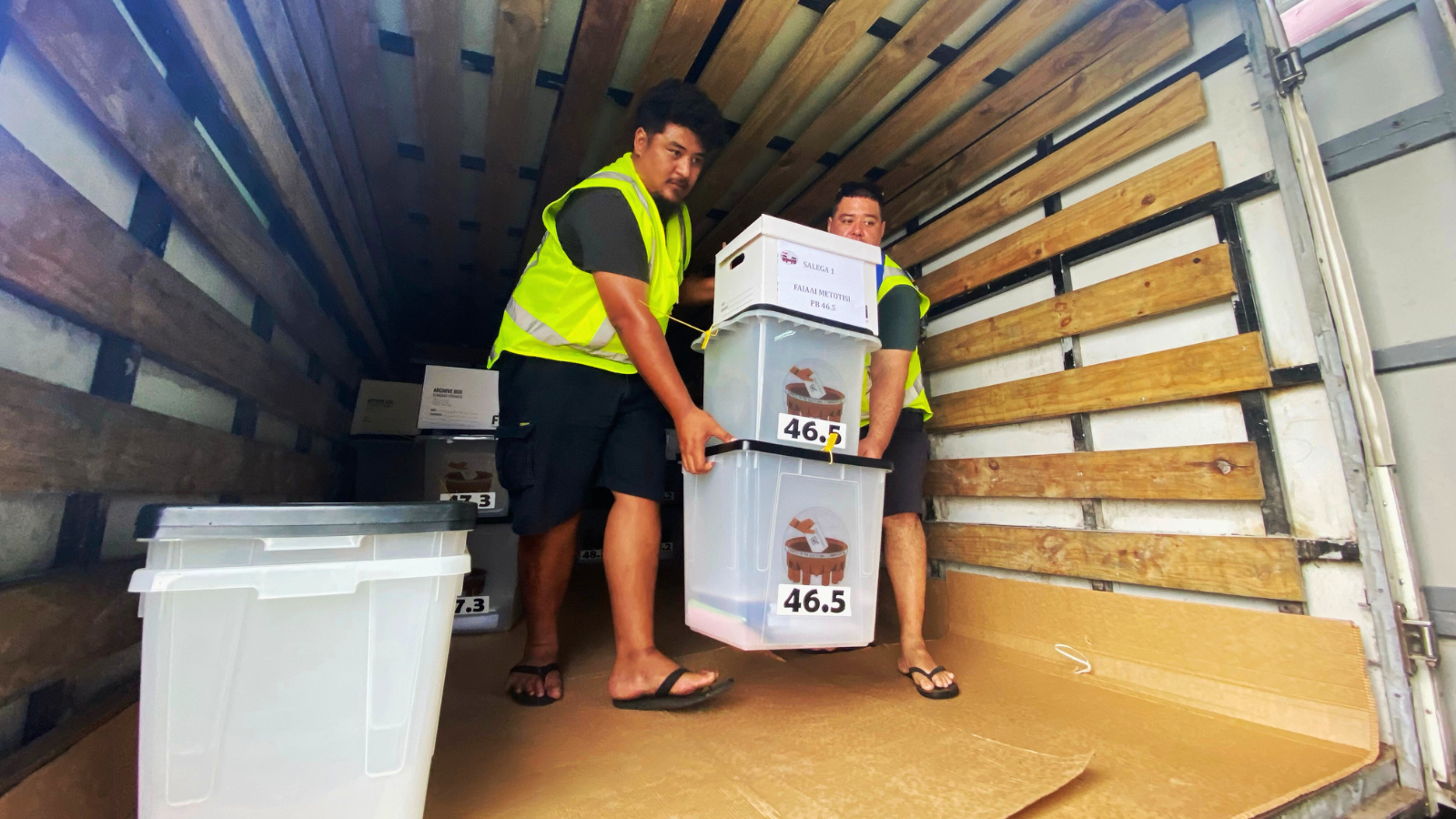
The majority of polling officials are public servants who are trained in the electoral process and work throughout pre-polling and polling days. Photo/Anetone Sagaga
Response from other political leaders
Earlier Saturday, leaders of HRPP and SUP had not commented on the preliminary results. The HRPP, led by former Prime Minister Tuilaepa Sailele Malielegaoi, has won fewer seats than in the 2021 election despite a strong campaign. The newly-established Sāmoan United Party, led by caretaker Prime Minister Fiamē Naomi Mata’afa, faced heavy losses, losing most of the seats it contested, assuming the preliminary count remains unchanged.
An independent observer says the electoral process has been largely fair. Professor Richard Herr from the Tasmania Law School praised the procedural safeguards, but noted gaps in regulating campaign donations, negative campaigning, and social media.
Herr, who helped develop Fiji’s current electoral system and authored their 2014 candidates’ manual, has been observing the election in Sāmoa for a week and compared its mechanics with those of Fiji, New Zealand, and Australia.
While acknowledging the language barrier as a non-Sāmoan speaker, he says he is “impressed with procedural fairness.”
“The mechanics seem good. The integrity measures, cross-checking votes, and making sure both tallies are posted immediately.”
Herr also identified areas for improvement, such as regulating the influence of social media, campaign donations, and negative campaigning. He emphasised the importance of placing obligations on parties rather than just candidates to capture a broader range of campaign activities.
Watch La'auli's address to his FAST supporters.
Next steps in the electoral process
The Electoral Commission on Saturday sorted Special Votes into their respective districts under the watchful eyes of scrutineers and journalists. This sorting will be the final activity concerning ballots until the boxes are unsealed on Monday, when the final count begins.
Election petitions are expected to be filed and counter-filed between candidates in the coming weeks, which could lead to further developments.
The snap election was triggered after months of political upheaval and infighting in Parliament, culminating in the dissolution of the House earlier this year. More than 100,000 voters were registered across 51 constituencies, with 20 in Savai'i and 31 in Upolu.
Watch PMN News' Renate Rivers on Pacific Mornings.